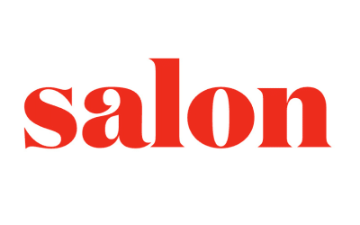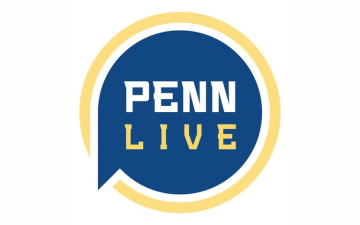Find articles on government ethics including conflicts of interest, gifts and bribes, campaigns, whistleblowing, lobbying, cronyism, and empowering democracy. (For permission to reprint articles, submit requests to ethics@scu.edu.)
Articles can also be viewed by the following categories:
The deadly attack on our gift-giving ally, Qatar, exposes the dangerous precedent of accepting massive foreign donations.
When agencies such as ICE target identity rather than conduct, they violate fundamental principles of governmental ethics: that law enforcement must serve all persons equally and that government power must be exercised impartially under law.
Congressional district boundaries don't just organize votes; they determine whose voices matter and whose are diminished.
Though much has been written in recent weeks about the hallmarks of the second Trump administration, little has been written about the absence of care—an overarching feature of this presidency’s first months in office.
Many states have implemented restrictive voting laws since the 2020 Presidential election that have created new barriers to voting for the constituents of these counties and states, making it even more difficult for them to exercise their right to vote.
In the case of Trump v. United States (2024), the Supreme Court’s approach to the issue of presidential immunity is fundamentally ethically flawed.
The city of San Jose’s Mayor Matt Mahan proposed the “Responsibility to Shelter Initiative,” which would penalize homeless individuals who refuse shelter three times in the span of 18 months. There are ethical arguments both for and against it.
Governments must ensure that representative democracy is preserved through the responsible use of AI by the citizens’ representatives.
A conversation about civic education and engagement with Government Ethics Fellows Christian Barnard, Bailey Black, and Ainsley Zapata.
The headlines this election cycle have been dominated by unprecedented events, it’s no wonder other important political developments have been drowned out, including the steady drip of artificial intelligence-enhanced attempts to influence voters.
- More pages:


